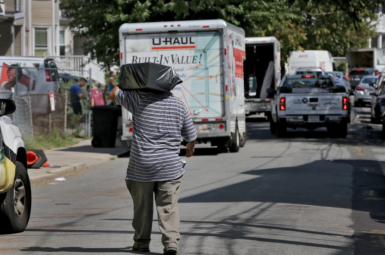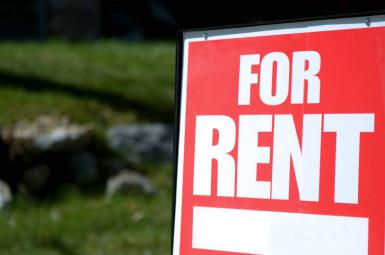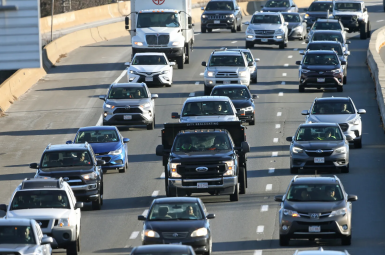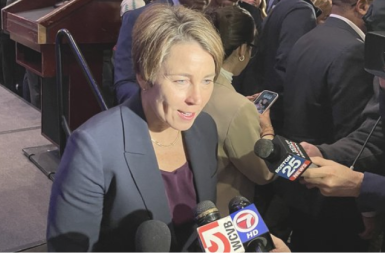As cities like Boston continue to navigate changes in urban economies resulting from the ongoing pandemic recovery, a new report from the Massachusetts Taxpayers Foundation (MTF) details the challenges and opportunities that lie ahead. Urban Economies on the Precipice: A Tale of Six Cities examines six major cities with similar profiles that drive regional economies – Boston, Chicago, New York, Philadelphia, San Francisco, and Washington, D.C. – to detail the changes and make recommendations to inform Massachusetts about which polices may work and on what schedule.
September 22, 2023
ECONOMIC DEVELOPMENT & COMPETITIVENESS
Urban Economies on the Precipice: A Tale of Six Cities









